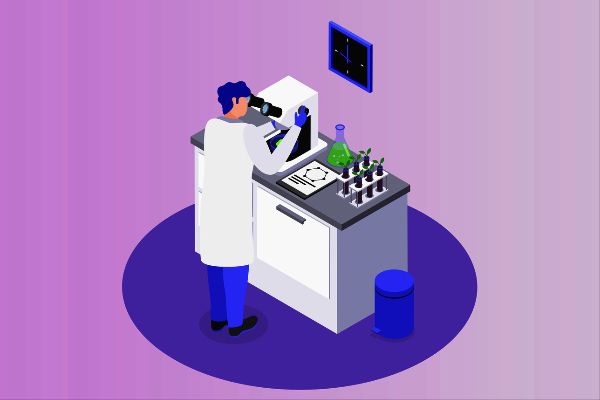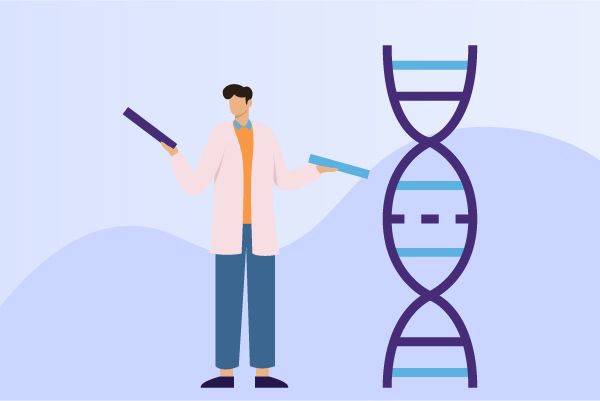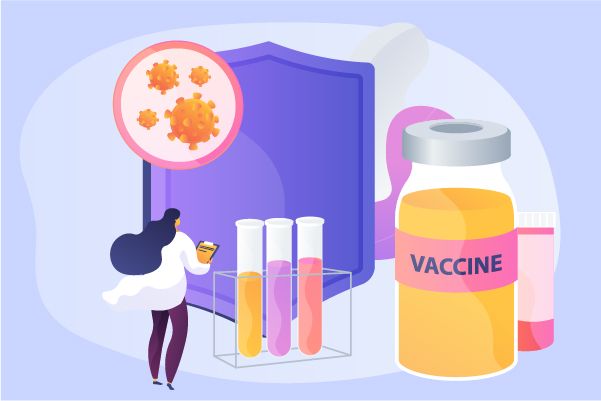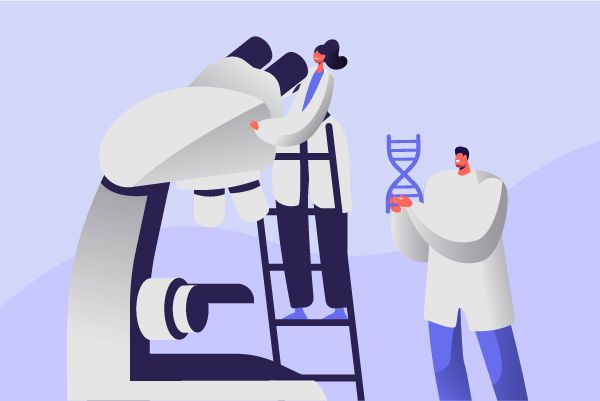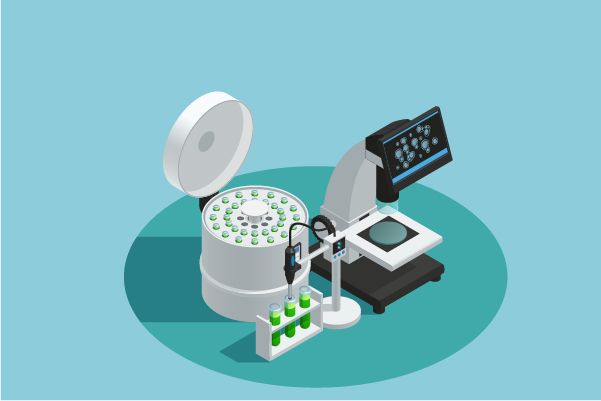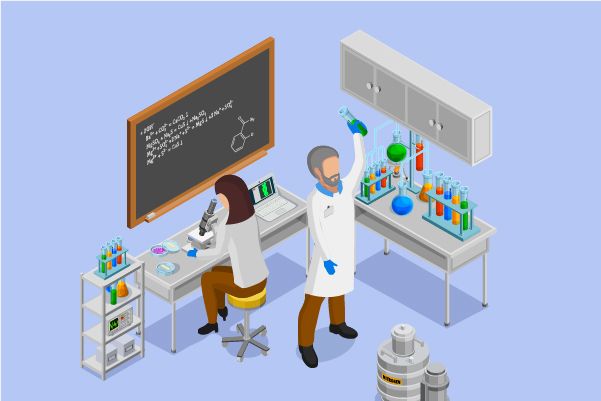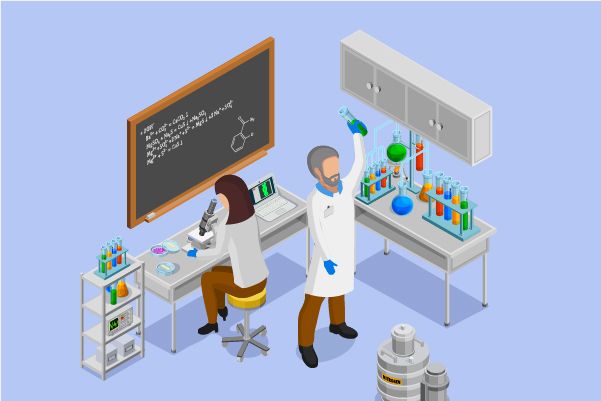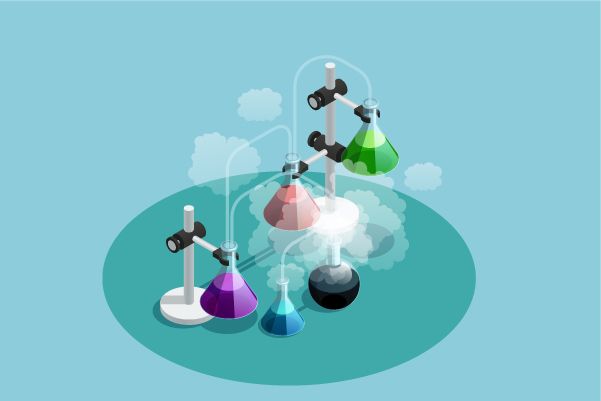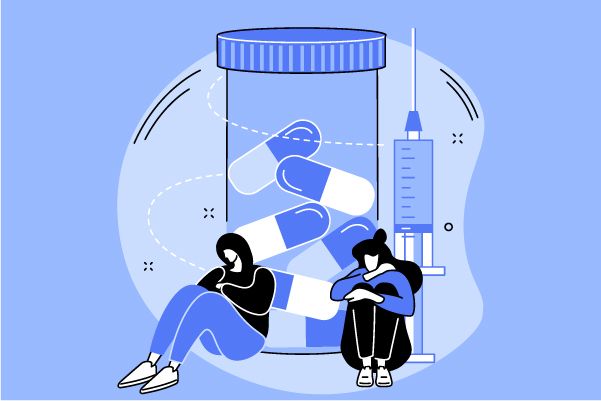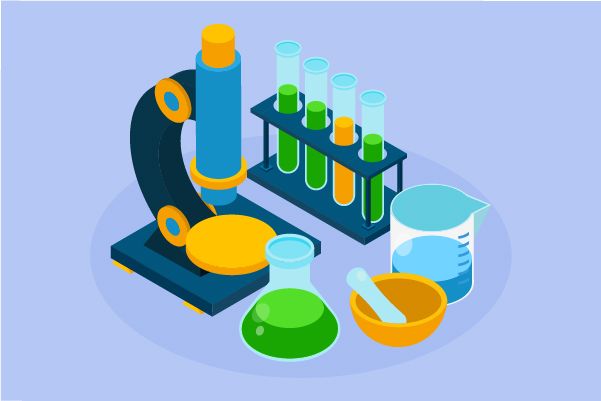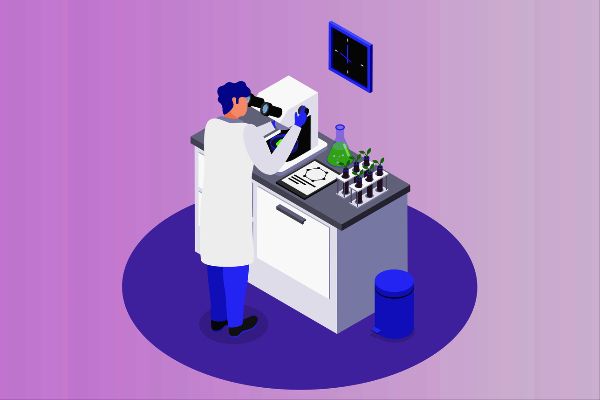Request Demo
Recent blog posts
"What" Series
2 min read
What is the difference between toxoids and antitoxins?
19 April 2024
Toxoids and antitoxins are distinct biological products used to prevent and treat toxin-related bacterial diseases, differing in origin, preparation, and function.
"What" Series
3 min read
What is the difference between IIT clinical trials and other clinical trials?
18 April 2024
The main differences between IIT (Investigator Initiated Trial) clinical trials and other types of clinical trials lie in aspects such as the initiator, purpose, funding source, and regulatory requirements.
"What" Series
2 min read
What is RSV?
18 April 2024
RSV stands for Respiratory Syncytial Virus, a common virus that can cause respiratory infections ranging from mild to severe.
"What" Series
2 min read
What is the Pharmaceutical Regulatory System of the European Union and its Member States?
18 April 2024
The EU's pharmaceutical regulatory system is a complex, multi-layered network with various agencies working together to safeguard the safety, efficacy, and quality of medicines in the European Economic Area.
"What" Series
2 min read
What are the differences between the GMP systems in China and the United States?
18 April 2024
Both the GMP (Good Manufacturing Practice) systems in China and the United States aim to ensure quality control and safety in pharmaceutical production.
"What" Series
2 min read
What is Berlin Patient?
18 April 2024
The "Berlin Patient" refers to Timothy Ray Brown, an American man who was known as the first person to be cured of HIV/AIDS.
"What" Series
2 min read
What is Recurrence-free Survival?
17 April 2024
Recurrence-free survival (RFS) is a clinical endpoint used in oncology to measure the effectiveness of cancer treatments.
"What" Series
2 min read
What is the difference between EMA and HMA?
17 April 2024
EMA (European Medicines Agency) and HMA (Heads of Medicines Agencies) are two distinct organizations that play vital roles in the regulation of medicinal products, but their functions and scopes differ.
"What" Series
2 min read
What is Immunosuppressant?
8 April 2024
An immunosuppressant is a type of medication that suppresses or reduces the strength of the immune system.
"What" Series
2 min read
What is Drug Stability Testing?
8 April 2024
Drug stability testing is a critical part of pharmaceutical development that assesses the physical, chemical, and microbiological stability of a drug product under various storage conditions over time.
"What" Series
2 min read
What is Herbal Medicine Preparation?
8 April 2024
Herbal medicine preparation refers to the process of transforming plant materials—such as leaves, flowers, seeds, roots, and bark—into forms that can be used for therapeutic purposes.
"What" Series
2 min read
What is Microparticle Technology?
8 April 2024
Microparticle technology refers to the creation and application of tiny particles with diameters ranging from a few nanometers to a few micrometers.
